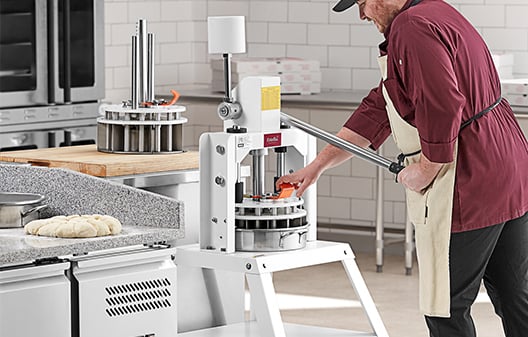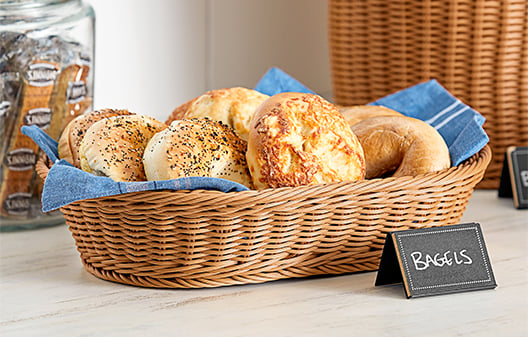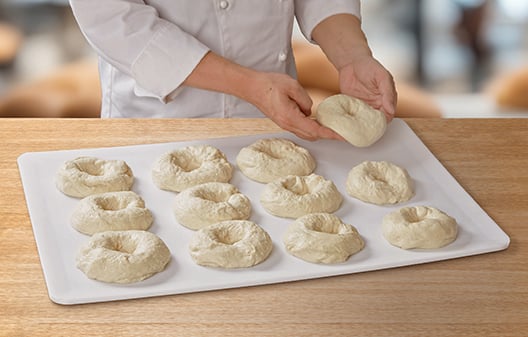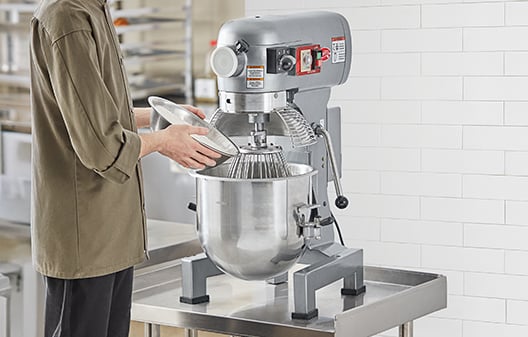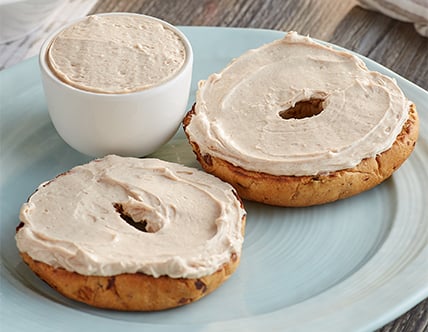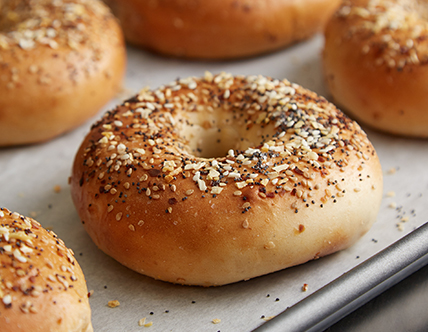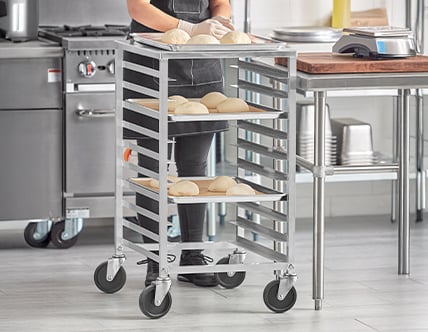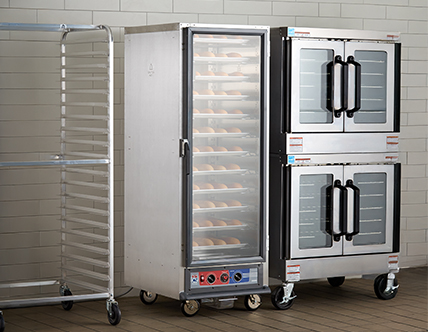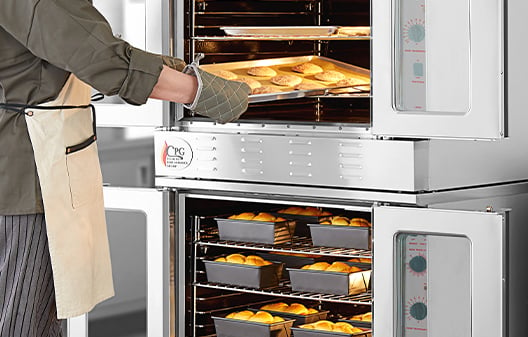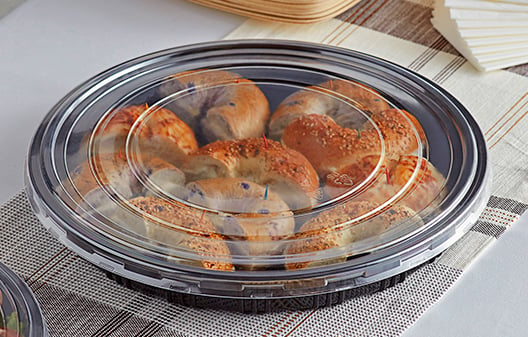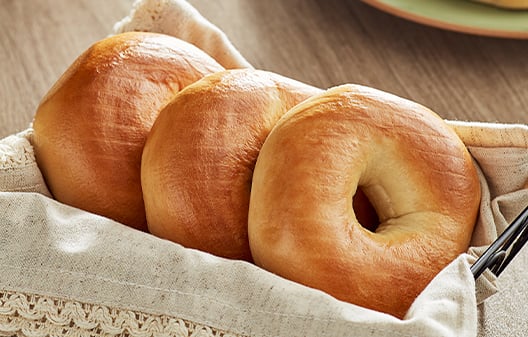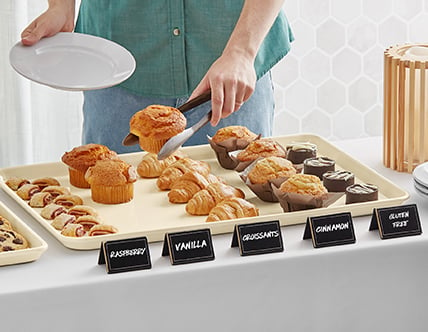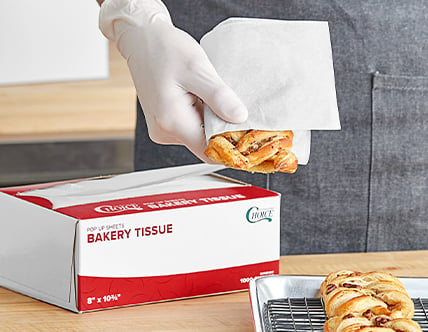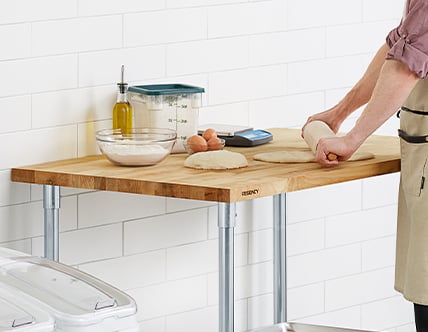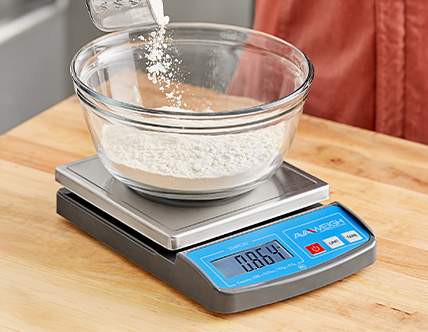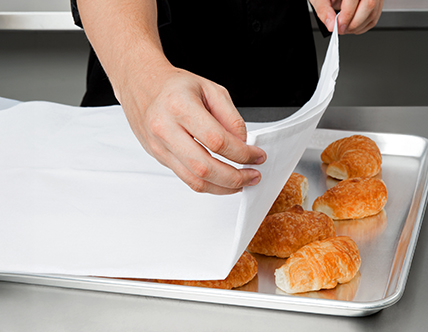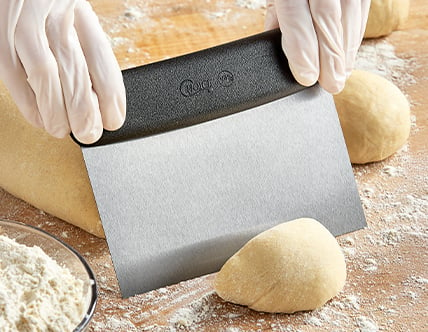Bagel Making Equipment
Craft High-Quality Bagels in Your Shop with Our Commercial Bagel Making Equipment

Dough Sheeters, Rounders & Dividers
Shop 91 Products
Prepare bagel dough to your exact specifications with dough sheeters, rounders, and dividers.
Food Display Baskets
Shop 468 Products
Highlight your signature bagels and promote impulse purchases with food display baskets.
Bagel Boards and Scoops
Shop 11 Products
Our bagel boards and bagel scoops make it easy to disperse and shape dough before your bagels are placed in the oven.
Bakery Equipment
Shop 20 Categories
Upgrade and customize your commercial kitchen so you can make high-end bagels with our selection of bakery equipment.
Commercial Ovens
Shop 18 Categories
Bake large batches of bagels to keep up with customer demand using our commercial ovens.
Take-Out Containers and Boxes
Shop 22 Categories
Offer quick, convenient service to guests on the go and provide guests with a way to take their bagels home with our disposable take-out containers.
Bagels
Shop 65 Products
We offer a variety of wholesale bagels to feature on your menu, including gluten-free bagels and vegan bagels for guests with alternative diets.
Baking Ingredients
Shop 27 Categories
Make sure your kitchen is stocked with all the necessary ingredients to prepare your signature bagels in bulk with wholesale baking ingredients.
Top Products
Craft High-Quality Bagels in Your Shop with Our Commercial Bagel Making Equipment
We offer a large selection of bagel making equipment to make sure each of your signature bagels is cooked to perfection and ready to serve. Bagels are a staple of countless peoples' breakfasts and can be a satisfying snack and preparing them fresh can instantly improve your menu. Whether you operate a bakery that's looking to handle a higher volume of orders or a coffee shop looking to expand your offerings, our bagel equipment helps you achieve your culinary goals.
Types of Flour
Read More
Commercial Bakery Equipment List
Read More
Bakery Marketing Strategies
Read More
